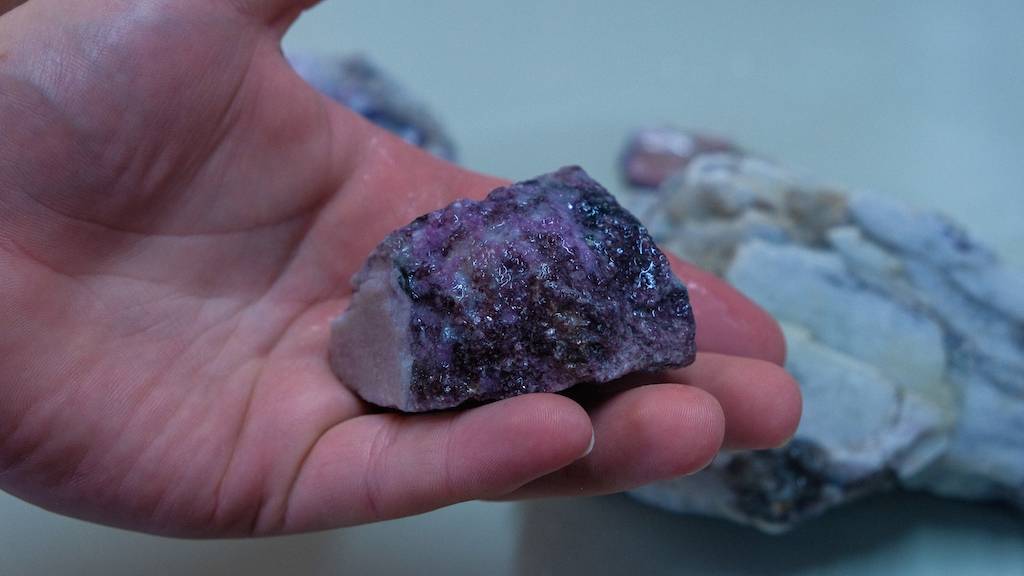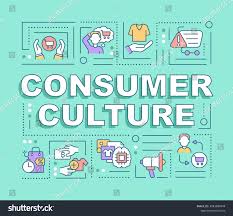African Gold Rush 2.0: Global Giants Scramble for Critical Minerals, Shifting Energy Bets

Zimbabwe’s lithium exporters experienced a significant boost in the first half of this year, reporting a 30% surge in exports. However, this boom presented a challenge for the Zimbabwean government, which observed a familiar pattern of unrefined commodities leaving Africa without local processing. In response, the government has announced a strict crackdown on unrefined lithium exports, seeking to ensure greater value retention within the country.
This regional development mirrors a larger global shift in the strategic mineral landscape. The current lithium boom for African nations is not expected to last indefinitely, particularly with new discoveries, such as those in Germany, poised to alter supply calculations in Europe. The United States is also expanding its domestic production, with one commercial mine already operational and the Trump administration having previously emphasized mineral security. Similarly, the European Union passed legislation last year to enhance its lithium supply security. Historically, Portugal was the sole EU country mining lithium, albeit in small quantities for pottery. However, promising sites like Rio Tinto's development in Serbia and the exploration of lithium brines in German brownfield sites present new possibilities. A primary driving concern behind these efforts is the prevailing apprehension over China's dominant position in the critical minerals industry.
Beyond extraction, the focus is also shifting towards refining and alternative solutions. The Polish government has demonstrated this by announcing a €240 million grant for a new battery recycling facility, a project deemed strategic by the EU. South Africa is also making strides, with an operational recycling plant and the potential to become a continental leader in this area, though few African countries currently possess such capacity. Furthermore, engineers are exploring possibilities for developing batteries that require less or even no lithium, with sodium emerging as one potential element. South Africa, a keen observer in the global lithium rush, possesses unexploited deposits and is a potential global leader in manganese, another critical mineral already integral to battery cathode production.
In the long run, mineral refining is considered almost more crucial than simply holding strategic reserves. Many so-called rare earth elements are not inherently rare; their perceived scarcity often stems from limited prospecting. Lithium itself is one of the world's most common elements, but current technology limits commercially viable deposits to a handful. At present, a few countries control significant processing capacity for vital minerals including lithium, cobalt, copper, nickel, and rare earth elements. This concentration creates vulnerabilities, as geopolitical, logistical, or regulatory disruptions could severely impact battery production, renewable infrastructure deployment, and semiconductor supply chains.
A profound transformation is occurring in the middle stream of the strategic minerals industry, where commodity traders are redefining their roles. Traditionally focused on post-extraction trading, these entities are now moving upstream, investing directly in mines, processing plants, and integrated supply platforms to secure controllable access. Trafigura, a major global commodity trader, exemplifies this trend; in August, the Australian government pledged A$135 million to support Trafigura’s Nyrstar smelters in exchange for commitments to develop critical mineral outputs like antimony and bismuth from byproducts. Traders are increasingly pressured to convert legacy operations into transition-ready facilities. Glencore, another significant player, has actively developed lithium projects, sealing a long-term supply agreement with Li-Cycle for lithium battery recycling in 2022, and subsequently acquiring the company in August. These private sector investments, often bolstered by government support, are vital for establishing robust supply chains.
Amidst these shifts, BGN International is gaining prominence. Known for its oil and gas trading, the company expanded its portfolio in September by establishing a metals trading desk in Geneva, focusing on battery and transition metals. This move is supported by its American subsidiary, BGN USA, which is dedicated to responsibly channeling African critical minerals to US and global markets. While not a major miner, BGN is pursuing upstream integration by forming partnerships in Africa and exploring investments in mining and refining. This signifies a broader generational pivot where traders, previously centered on fossil commodities, are now strategically investing in the physical components of clean technology. The transition is often facilitated as many oil and gas fields contain lithium deposits, allowing for the development of lithium brines on brownfield sites with minimal environmental impact.
Africa's role in this equation is critical, boasting abundant reserves of copper, cobalt, lithium, manganese, and rare earths, positioning it as a new frontier for responsible mining investment. However, this promise comes with intense scrutiny. Past ESG (Environmental, Social, and Governance) frameworks have been criticized for their detrimental impact on African mining, often inadvertently enabling Chinese-backed projects with weaker labor and environmental oversight (e.g., copper in Zambia, graphite in Mozambique), while simultaneously penalizing Western firms adhering to stricter standards. African governments and civil society now demand more from foreign partners than just capital; they expect local content, community investment, equitable job creation, and robust environmental safeguards. A mining firm failing to meet these expectations risks losing its crucial social license to operate.
In practice, companies like Trafigura, Glencore, and BGN are actively adapting to these demands. Trafigura’s restructuring of its smelters in Australia exemplifies a pattern of integrated moves towards downstream processing and value capture. Glencore’s involvement in US refining projects reflects its dual identity as both a miner and a trader. BGN’s American interface through BGN USA provides a structural bridge into US policy, regulatory systems, and commercial markets. Yet, this upstream shift is not without its obstacles. Mines often face lengthy permitting processes, steep capital costs, and daunting technical complexities. Market volatility can erode margins rapidly, and building trust with local partners and governments is considerably more intricate than merely signing off-take contracts. These middle-stream traders are poised to play an indispensable role in navigating these complexities. The era where ESG was merely marketing rhetoric is giving way to one defined by industrial pragmatism and tangible supply-chain accountability. Commodity traders, miners, and refiners are now being judged by the assets they build, the transparency they provide, and the lasting impact they leave behind. The global race for critical minerals is fundamentally redrawing the map of modern resource politics, shifting the narrative from abstract optics to concrete output and from empty promises to verifiable production.
You may also like...
Consumerism vs Culture: Is Africa Trading Values for Trendy Lifestyles?

Is Africa trading its cultural values for trendy lifestyles? Explore how consumerism, foreign brands, and social media p...
The War on Boys: Are African Male Being Left Behind in Gender Conversations

Why are African boys and men often left out of gender empowerment programs? Explore how emotional suppression, lack of m...
Pay Slip, Motivation Slips: The Silent Crisis Among the Working Class

Across Nigeria, millions of workers are trapped in jobs that pay just enough to survive but too little to live. Beneath ...
Premier League's Unsung Heroes: Bournemouth, Sunderland, and Tottenham Shockingly Exceed Expectations

This Premier League season sees teams like Bournemouth, Sunderland, and Tottenham exceeding expectations. Under Thomas F...
El Clasico Fury: Yamal Controversy and Refereeing Blunders Ignite Post-Match Debates
)
Real Madrid secured a 2-1 El Clasico victory over Barcelona amidst significant controversy surrounding a late penalty de...
Kate Hudson & Hugh Jackman Eyeing Oscars with ‘Song Sung Blue’ Breakthrough

"Song Sung Blue" tells the true story of Mike and Claire Sarina, who find love and acclaim as a Neil Diamond tribute ban...
Pennywise Unleashes Horror: 'It: Welcome to Derry' Premiere Shocks Viewers

HBO Max's "IT: Welcome to Derry" plunges audiences into 1962 Derry, Maine, exploring the origins of Pennywise with a bru...
Zimbabwe's Ammara Brown Stages 'Spectacular' Comeback, New Album Imminent!

Ammara Brown triumphantly returned to the music scene at the Castle Lager Braai Festival after a year-long maternity bre...